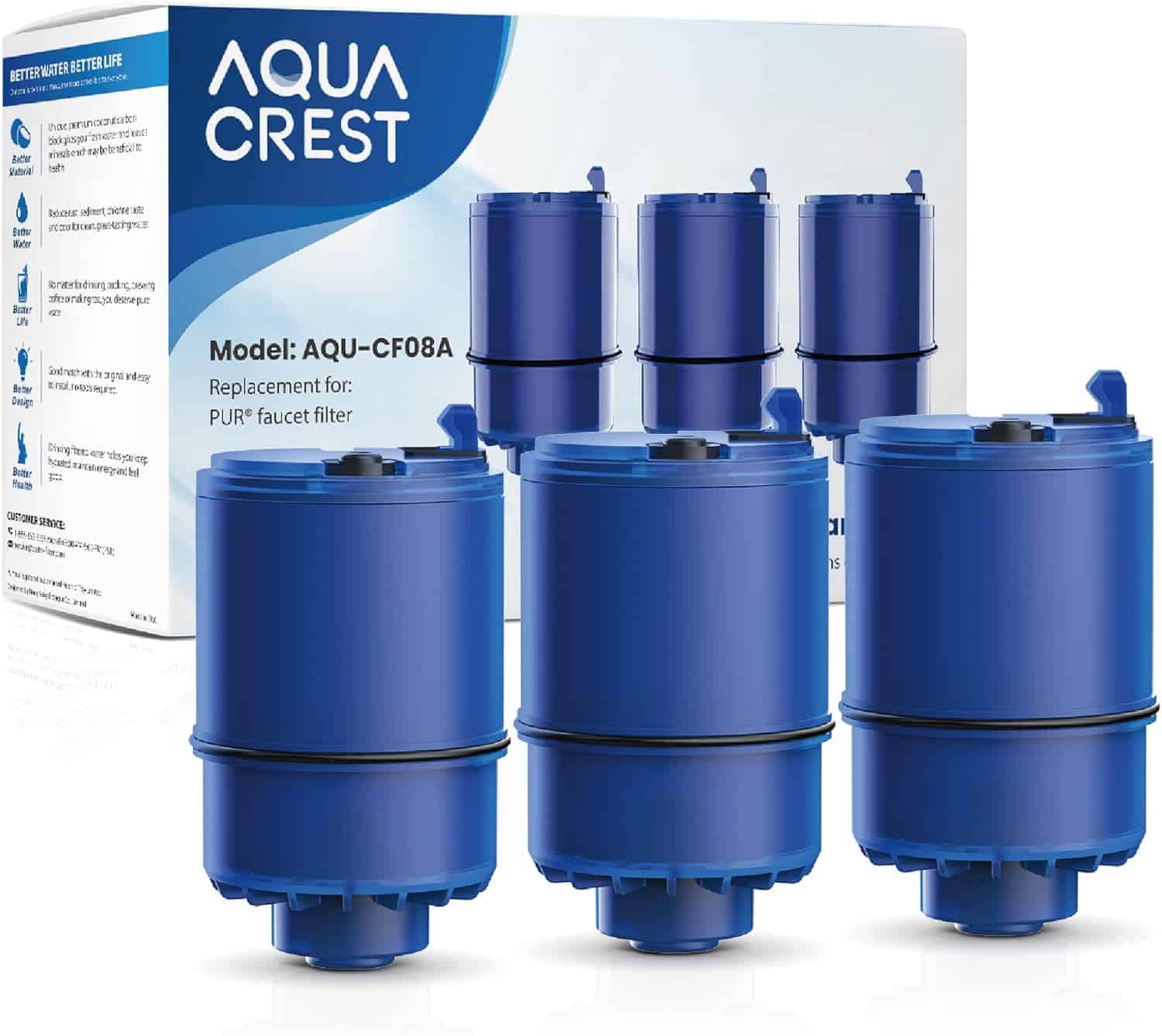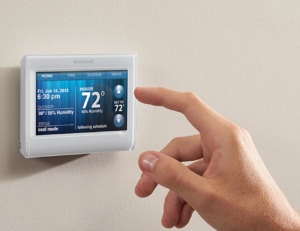Low-Cost, High-Performance: Our Favorite Cheap Generators
Having a generator can be a lifesaver in emergencies or a game-changer when enjoying outdoor activities. However, high-quality generators can be quite expensive, which is why many turn to cheap generators instead. The good news is that you can find cheap generators that still pack a punch. In this post, we’ll share our top favorite cheap generators and offer tips on how to choose the best one for your needs.
Criteria for Selection of Generators
When selecting the top cheap generators, we used the following criteria:
- Price: We only considered generators that cost $1000 or less.
- Wattage: We prioritized generators that had at least 2000 watts of power, enough to run most household appliances and tools.
- Features: We looked for generators with useful features, such as multiple outlets, fuel gauges, low-oil shutoff, and quiet operation.
- Customer Reviews: We read through hundreds of customer reviews to ensure that the generators were reliable and satisfied the needs of their users.
- Durability: We took into account the materials and construction of each generator to ensure that they could withstand wear and tear.
Top 10 Cheap Generators
Without further ado, here are our top 10 favorite cheap generators:
WEN 56203i – Price: $429.99 – Wattage: 2000 – Features: Quiet operation, fuel gauge, low-oil shutoff, clean power for sensitive electronics.
Westinghouse iGen2200 – Price: $455.00 – Wattage: 2200 – Features: Fuel efficient, parallel capable, low-oil shutoff, easy to transport.
DuroMax XP12000EH – Price: $879.00 – Wattage: 12000 – Features: Dual fuel (gasoline/propane), electric start, multiple outlets, durable steel frame.
Champion Power Equipment 200954 – Price: $299.99 – Wattage: 4250 – Features: RV ready, cold start technology, low-oil shutoff, covered outlets.
Pulsar G2319N – Price: $399.00 – Wattage: 2300 – Features: Compact and lightweight, parallel capable, low-oil shutoff, quiet operation.
A-iPower SUA2000iV – Price: $449.99 – Wattage: 2000 – Features: Inverter technology for clean power, quiet operation, parallel capable, fuel efficient.
Briggs & Stratton P2400 – Price: $698 – Wattage: 1800 – Features: Quiet operation, fuel efficient, parallel capable, multiple outlets.
DuroMax XP4400E – Price: $449 – Wattage: 4400 – Features: Electric start, multiple outlets, durable steel frame, low-oil shutoff.
WEN DF475T – Price: $449.99 – Wattage: 4750 – Features: Dual fuel (gasoline/propane), electric start, low-oil shutoff, covered outlets.
In Florida and other parts of the world, a generator can be a valuable tool during a hurricane, as it can provide backup power when the main electrical grid is down due to the storm. Hurricanes can cause power outages that can last for days or even weeks, and a generator can help keep your home or business powered until the power is restored.
During a hurricane, a generator can help you keep essential appliances and equipment running, such as refrigerators, freezers, lights, fans, and medical devices. It can also allow you to charge phones and other electronic devices to stay connected with the outside world.
Please use generators safely. Generators emit carbon monoxide, a poisonous gas that can be deadly if inhaled in large quantities. To avoid carbon monoxide poisoning, never use a generator indoors, in a garage, or near open windows or doors. Always operate the generator outside in a well-ventilated area, away from people and animals.
You need to properly maintain and store your generator before and after the hurricane season. Check the fuel and oil levels, inspect the spark plug, and store the generator in a dry and secure location.
Cheap Generators Buying Tips
- Determine your power needs: Calculate the wattage of the appliances and tools you want to power to ensure that the generator can handle them.The size of the generator needed to run a house depends on the power needs of the house, which can vary depending on the size of the home, the number of appliances and devices, and the power consumption habits of the household. A typical house in the US may need a generator with a capacity between 5,000 and 20,000 watts to provide enough power during a power outage.
- To determine the exact size of the generator needed to run your house, you should make a list of all the appliances and devices you want to power during an outage and calculate their total wattage. You can typically find the wattage of an appliance on its label or in its manual. You should also factor in the starting wattage of appliances that require more power to start up, such as refrigerators, air conditioners, and well pumps.Once you have a total wattage estimate, you can select a generator that has a capacity slightly larger than your estimated wattage. It’s better to have a generator that is slightly too big than too small, as an undersized generator can overload and fail to provide enough power.
- Consider your fuel preferences: Gasoline generators are more
Pros and Cons of Both Gas and Electric Generators:
Gas Generators:
Pros:
- Fuel availability: Gas generators can run on a variety of fuels, such as gasoline, propane, or natural gas, which are widely available at gas stations and home improvement stores.
- Portability: Gas generators are often more portable than electric generators, as they don’t require a power cord or charging time. They can be easily transported to different locations and used for outdoor activities or job sites.
- Power output: Gas generators can provide higher power output than electric generators, which can be useful for running large appliances or tools.
- Affordability: Gas generators can be more affordable than electric generators, especially for smaller models that are used for backup power or occasional use.
- Quick start-up: Gas generators can be started immediately, without the need for charging or waiting for a power source.
Cons:
- Noise level: Gas generators can be loud and disruptive, which can be a concern for residential neighborhoods or quiet environments.
- Emissions: Gas generators emit pollutants, such as carbon monoxide and nitrogen oxide, which can be harmful to the environment and to people’s health if not used properly.
- Maintenance needs: Gas generators require regular maintenance, such as oil changes and filter replacements, to ensure their longevity and efficiency.
- Safety risks: Gas generators can be a fire or electrocution hazard if not used properly, and they should never be used indoors or in enclosed spaces.
Electric Generators:
Pros:
- Quiet operation: Electric generators are quieter than gas generators, which can be an advantage for residential areas or quiet environments.
- Clean power: Electric generators provide clean power without emissions or pollutants, which can be beneficial for sensitive electronics or medical equipment.
- Low maintenance: Electric generators require less maintenance than gas generators, as they don’t have engines or fuel systems that require regular upkeep.
- Safety: Electric generators don’t emit harmful fumes or pose the same fire or electrocution risks as gas generators.
- Energy efficiency: Electric generators can be more energy efficient than gas generators, as they convert energy from fuel to electricity more effectively.
Cons:
- Cost: Electric generators can be more expensive than gas generators, especially for larger models that provide higher power output.
- Charging time: Electric generators require charging time, which can be a disadvantage for sudden power outages or emergencies.
- Power output: Electric generators may have a lower power output than gas generators, which can limit their use for larger appliances or tools.
- Fuel dependency: Electric generators require a power source, such as a battery or a power grid, to function, which can limit their use in remote or off-grid locations.
- Environmental impact: While electric generators don’t emit pollutants or fumes, their power source may come from non-renewable sources, which can have a negative impact on the environment.
I hope this has been helpful. If you have additional questions and want to get in contact with GGR Home Inspections please send us a note, text, or call.














